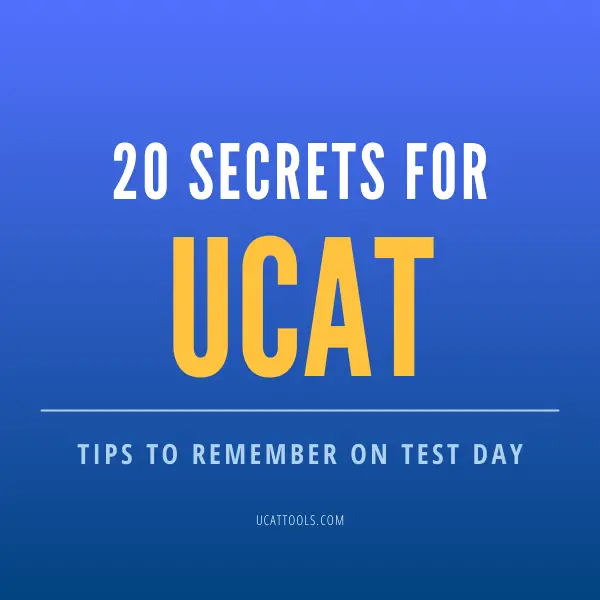The four things to remember when practising the situational judgement subtest
The Situational Judgement section of the University Clinical Aptitude Test (UCAT) uses scenarios to test your ability to understand real-world situations and assess appropriate behaviour when making decisions.
This section is quite different from the other UCAT sections and has a different marking system. I’ll cover this in a different video hopefully sometime soon.
In this blog, I will be discussing exactly what you need to know to answer the questions correctly. The GMC released a document about 10 years ago known as the good medical practice framework.
Situational judgement questions are loosely based on this 40-page document, which i’m going to basically try to summarise in this blog.
Lets start by breaking down 4 things you need to remember.
1. Doctors and medical students must not do anything to undermine public confidence and trust
Doctors and medical students must not do anything to undermine public confidence and trust in the profession. They must act promptly in situations where public confidence in the profession is at risk
This includes bullying colleagues or medical students, lying about patients results, or holding back information to protect themself. All these things are examples of behaviours that could undermine the medical profession if the public knew that these things were going on.
2. Doctors and medical students must never act or imply they have knowledge or expertise beyond what they truly have
Doctors AND medical students must never act or imply they have knowledge or expertise beyond their actual level of knowledge and experience.
These questions crop up a lot and they will most definitely be inappropriate behaviour for anyone to pretend they have knowledge in a topic.
This grossly undermines the medical profession because you wouldn’t let an underqualified student surgeon perform your surgery, so why is it ok for anyone else who is unqualified to be doing a certain job? It isn’t. Every medical professional is expected to have the relevant knowledge to practice, and medical students aren’t allowed to do procedures on patients and give information on procedures they haven’t been signed off for.
This is simply to protect the patient, and preserve public trust because at the end of the day, the patient is at the centre of the care provided.
Say it with me, ‘patient-centred Care’.
3. Doctors and medical students should seek advice from colleague or supervisors when unsure about something
Doctors and medical students should seek advice from a colleague or supervisor if they are unsure of the best course of action.
Another scenario that comes up very often and they are fairly straightforward. Asking for advice is never a bad thing. It will almost always be an appropriate reaction. The only places I can see it being inappropriate is if you were asking advice from the hospital director as opposed to your supervisor. Your solutions should be as local as possible, and the higher powers should be left for only when necessary.
Another inappropriate time to seek advice would be in front of the patient or doing it in a way that breaches patient confidentiality. Remember you must always respect the patient’s dignity and privacy.
4. Seek location solutions first
Doctors and medical students should seek local solutions to problems that arise wherever possible.
As i was mentioning above, don’t involve the higher authorities unless necessary. If you have a conflict with a colleague or fellow student, you always want to be approaching them and resolving it at that level, and if unsuccessful, then you may begin escalating the situation.
These are the four things to remember when practising the situational judgement subtest.
Thanks for reading.




